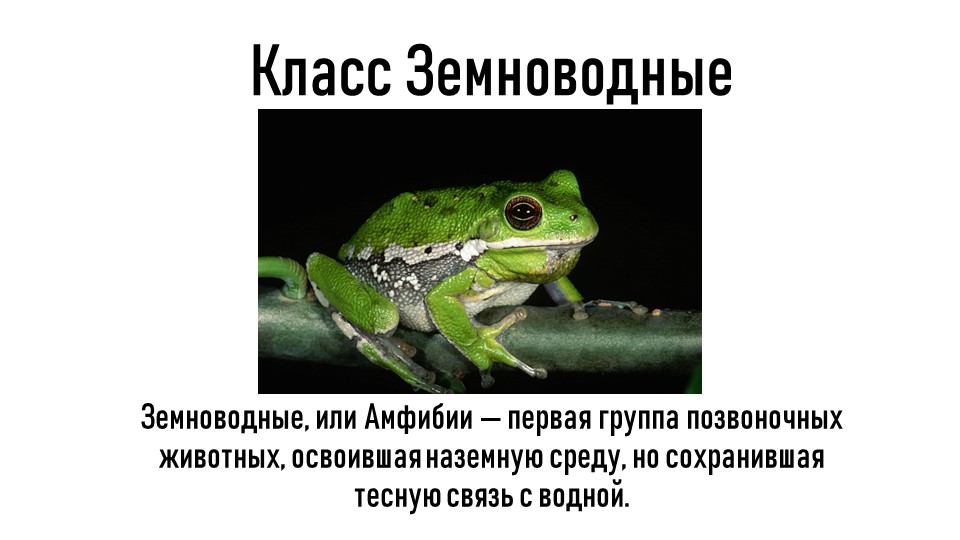Презентация - "Презентация на тему "Peer pressure" 11 класс"

- Презентации / Другие презентации
- 9
- 13.04.25
Просмотреть и скачать презентацию на тему "Презентация на тему "Peer pressure" 11 класс"
Сайт klass-uchebnik.com предлагает качественные учебные материалы для школьников, родителей и учителей. Здесь можно бесплатно читать и скачивать современные учебники, рабочие тетради, а также наглядные презентации по всем предметам школьной программы. Материалы распределены по классам и темам, что делает поиск максимально удобным. Каждое пособие отличается логичной структурой, доступной подачей материала и соответствует действующим образовательным стандартам. Благодаря простому языку, наглядным схемам и практическим заданиям, обучение становится легче и эффективнее. Учебники подойдут как для ежедневной подготовки к урокам, так и для систематического повторения перед экзаменами.
Особое внимание стоит уделить разделу с презентациями - они становятся отличным визуальным дополнением к теории, помогают лучше понять сложные темы и удерживают внимание учащихся. Такие материалы удобно использовать в классе на интерактивной доске или при самостоятельной подготовке дома. Все размещённые на платформе материалы проверены на актуальность и соответствие учебной программе. Это делает сайт надёжным помощником в образовательном процессе для всех участников: школьников, учителей и родителей. Особенно удобно, что всё доступно онлайн без регистрации и в свободном доступе.
Если вы ищете надежный источник для подготовки к урокам, контрольным и экзаменам - klass-uchebnik.com станет отличным выбором. Здесь вы найдёте всё необходимое, включая "Презентация на тему "Peer pressure" 11 класс", чтобы сделать обучение более организованным, интересным и результативным.
What Is Peer Pressure?
People who are your age, like your classmates, are called peers.
When they try to get you to act a certain way, or try to get you to do something, it's called peer pressure.
You might want to be like your peers, even if they’re not pressuring you. It’s natural to want to fit in.
*peer pressure
noun
influence from members of one's peer group.
Peer pressure, or influence, comes in several forms. There are 6 types of peer pressure.
Peer pressure is most commonly found in the ages of 12-19 years old.
Spoken peer pressure is when a teenager asks, suggests, persuades or otherwise directs another to engage in a specific behaviour. As the name suggests, spoken peer pressure is when someone verbally influences another person to do something. For instance, a teenager might influence their friend to smoke a cigarette by saying, "Come on, one cigarette won't hurt."
1. Spoken Peer Pressure
2. Unspoken Peer Pressure
Unspoken peer pressure is when no one verbally tries to influence you. However, there is still a standard set by the group to behave in a certain way.
3. Direct Peer Pressure
Direct peer pressure is when a person uses verbal or nonverbal cues to persuade someone to do something.
4. Indirect Peer Pressure
With indirect peer pressure, no one is singling you out, but the environment you're in may influence you to do something. If you're at a party where everyone is drinking, for instance, you might feel pressured to drink even if no one asks you to.
5. Negative Peer Pressure
Negative peer pressure is when a peer, or a group of your peers, try to convince you to do the wrong thing or something bad/hurtful.
6. Positive Peer Pressure
Positive peer pressure is when a peer, or a group of your peers, try to convince you to do the right thing or something good/helpful.
Examples of Peer Pressure:
Acting aggressively
Bullying others
Doing drugs
Dressing a certain way
Drinking alcohol
Engaging in vandalism or other criminal activities
Physically fighting
Only socializing with a certain group
Convincing a friend to skip school
Encouraging a peer to fight or bully someone
Pushing someone to buy e-cigarettes online
The causes of peer pressure:
the need to fit in,
low self-esteem,
fear of rejection,
at most time the need to feel safety and security from peers.
Some kids give in to peer pressure because they want to be liked or they think it helps them fit in.
How to Say No to Peer Pressure
Know what’s right. Trust your own feelings about what’s right and wrong. Ask yourself, “Is it the right thing to do?” You probably already know the answer. When you know the right thing to do, it helps you stand firm.
Have a friend who will stand with you. It can really help to have at least one other peer who is willing to say "No," too.
Choose good friends. If you choose friends who don't use drugs, don’t cut class, don’t smoke cigarettes, and don't lie to their parents, then you probably won't do these things either, even if other kids do.
Help a friend. Maybe you notice that a friend is having trouble saying no to peer pressure. You can help by saying, "I'm with you — let's go.«
Walk away. If you're faced with peer pressure while you're alone, there are still things you can do. You can stay away from peers who pressure you to do stuff you know is wrong. You can tell them, "Nah" and walk away. Better yet, find other friends and classmates to hang around with.
Get advice from an adult. Talk to a parent, teacher, or school counselor.
smoking
drinking alcohol
an unexpectedly poor result in examination
get a job and open a savings account
try to adopt unhealthy beauty or fashion tips
perform better in studies because their friends are doing it
consume drugs
leave the school or college without permission
take part in activities related to sports
get inspiration for completing education or for further education
Consume weight loss medicines inappropriately
force their parents to buy phones/laptops or expensive gadget because their friends have it
participate in other curricular activities


















